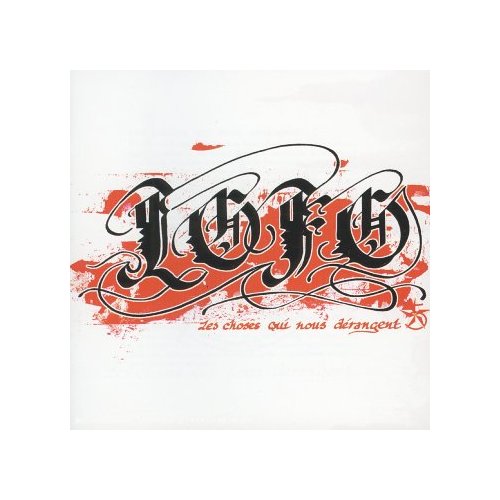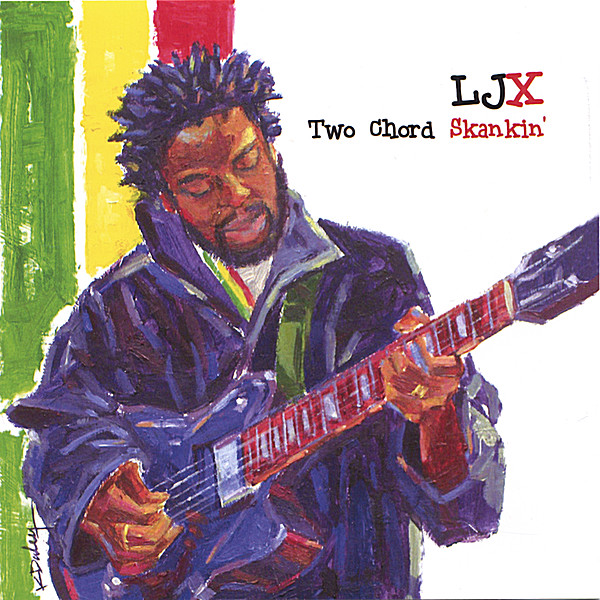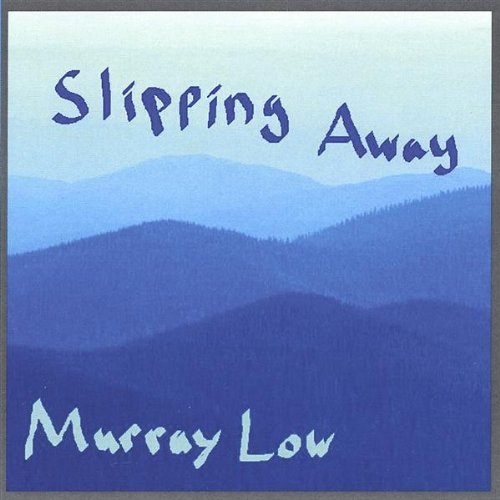
description
rst approach to quantum measurement, using physical experiments as the basis to describe the underlying mathematical formalism. Topics covered include weak measurements, quantum measurement reversal, quantum trajectories and the stochastic path integral formalism. The theory of quantum measurement is also covered in detail, including discussion of how it can be tested and demonstrated in a laboratory: how to build quantum-limited amplifiers, fundamental noise limits imposed on measurement by quantum mechanics, and the design of superconducting circuits. This text is an excellent introduction for students with a basic understanding of quantum mechanics wanting to learn more about measurement theory, and the inclusion of a wide selection of end-of-chapter exercises make this book ideal for emerging courses on the topic. Key chapters introducing the foundations of quantum computing and the history of measurement theory are equally accessible to a broader, less specialised audience.
member goods
No member items were found under this heading.
Return Policy
All sales are final
Shipping
No special shipping considerations available.
Shipping fees determined at checkout.







